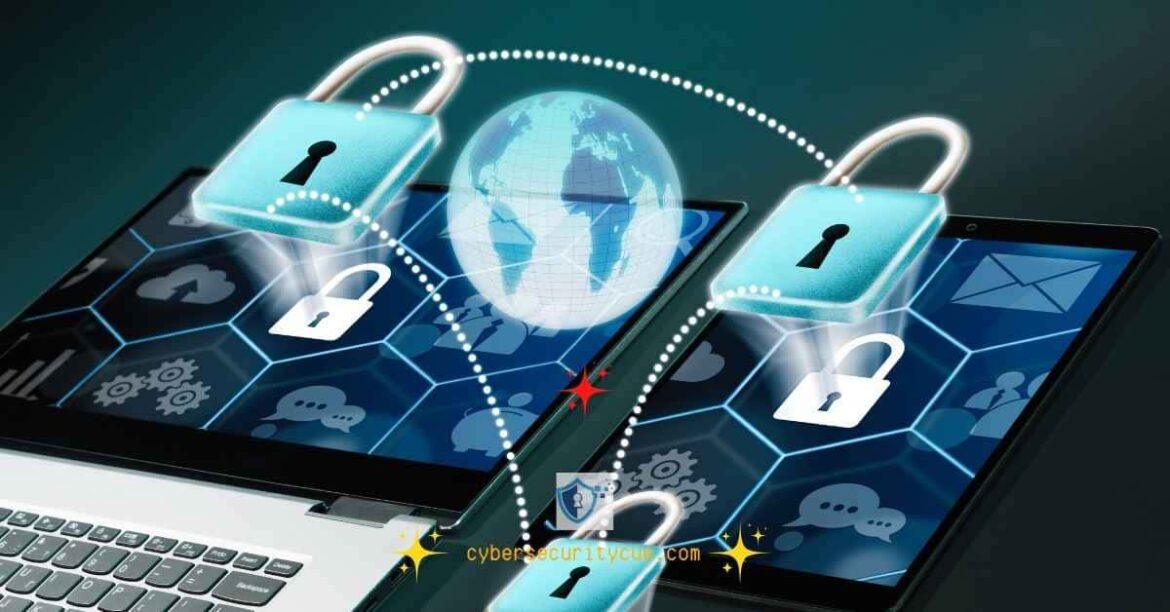Table of Contents
The CISA mobile security guidance aims to fortify the digital defenses of senior political figures and other high-risk individuals following the Salt Typhoon telecom hack.
This cyber espionage campaign, linked to Chinese state-sponsored hackers, infiltrated U.S. telecom infrastructure, exposing unencrypted communications and sensitive data.
The U.S. Cybersecurity and Infrastructure Security Agency (CISA) has responded with a comprehensive set of mobile security measures to mitigate risks and prevent future breaches.
Key Takeaway to CISA Mobile Security Guidance:
- The guidance underscores the importance of encrypted communications, robust authentication methods, and continuous monitoring to mitigate mobile threats.
The Salt Typhoon Hack: A Wake-Up Call
The Salt Typhoon cyberattack has revealed vulnerabilities in U.S. telecom systems, with Chinese state-backed hackers exploiting these weaknesses to intercept communications from high-profile targets.
Victims included President-elect Donald Trump, Vice President-elect J.D. Vance, and prominent figures on Capitol Hill.
The campaign enabled attackers to steal call records and access unencrypted messages, escalating concerns about national security and personal privacy.
CISA’s Executive Assistant Director for Cybersecurity, Jeff Greene, emphasized,
While no single solution eliminates all risks, implementing the CISA mobile security guidance can significantly strengthen the protection of sensitive communications.
Security Measures Recommended by CISA
To address these risks, CISA has outlined several security measures tailored to individuals and organizations:
| Recommendation | Details |
|---|---|
| Enable Encrypted Apps | Use end-to-end encrypted messaging services like Signal for secure communication. |
| Avoid SMS-based Authentication | Switch to phishing-resistant multi-factor authentication (e.g., FIDO keys). |
| Use Password Managers | Store and manage passwords securely to prevent unauthorized access. |
| Configure Device Security Features | iPhones: Activate Lockdown Mode, enable iCloud Private Relay; Android: Configure Private DNS. |
| Monitor Network Behavior | Watch for unusual activities like spikes in traffic or failed login attempts. |
CISA strongly recommends these steps for anyone with sensitive information, especially individuals in senior government or high-stakes political roles.
The Broader Implications
Salt Typhoon attackers remain embedded within U.S. telecom infrastructure, raising concerns about ongoing espionage activities.
CISA acknowledges the challenges of completely eradicating these threats and has urged telecom providers to adopt enhanced visibility and hardening measures.
Jim Coyle, CTO of mobile security firm Lookout, praised the guidance but pointed out gaps in addressing advanced threats like Wi-Fi attacks and malicious apps. He stated,
We are seeing unprecedented levels of zero-day vulnerabilities targeting critical infrastructure and communication systems. More proactive measures are essential.
A Growing Cybersecurity Trend
The Salt Typhoon hack is not an isolated incident. Earlier this year, the Cyber Safety Review Board launched an investigation into Microsoft’s security lapses that allowed Chinese hackers to access U.S. officials’ email accounts.
These incidents highlight the evolving sophistication of state-sponsored cyberattacks and the urgent need for robust cybersecurity frameworks.
About CISA
The Cybersecurity and Infrastructure Security Agency (CISA) is a U.S. government agency dedicated to safeguarding critical infrastructure from cyber threats. Learn more about CISA’s initiatives on their official website.
Rounding Up
The CISA mobile security guidance underscores the importance of proactive cybersecurity measures in the face of evolving threats.
By adopting encrypted communications, stronger authentication, and continuous monitoring, individuals and organizations can significantly reduce their exposure to sophisticated cyberattacks.
As global tensions rise, such measures are not just recommended, they are essential for national security.
FAQs
What is a Salt Typhoon?
- Salt Typhoon is a cyberespionage campaign linked to Chinese state-sponsored hackers targeting U.S. telecom infrastructure.
What does the CISA guidance recommend?
- Measures include encrypted messaging apps, phishing-resistant authentication, password managers, and advanced device configurations.
Who are the primary targets of these attacks?
- High-profile individuals, including government officials, political candidates, and Capitol Hill staffers.
Why is mobile security critical now?
- With increasing cyber threats, securing communications is vital to protect sensitive information and prevent espionage.
How can individuals adopt CISA’s recommendations?
- Follow the outlined measures, monitor network behavior, and use secure apps and services for communication.
What is the long-term impact of Salt Typhoon?
- The incident underscores the need for global collaboration and continuous improvement in cybersecurity measures.





